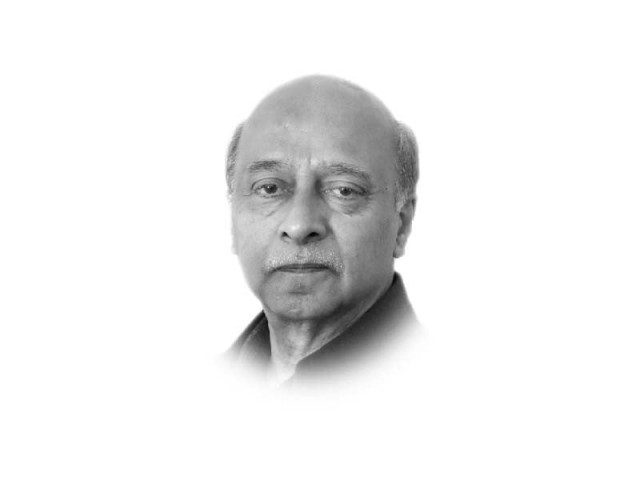Afghan economy in ‘political doom and gloom’
Women continue to work in the health sector but as a whole the environment has become extremely difficult for them

In contrast to the political doom and gloom scenario pictured by the UN system, a World Bank report on Afghanistan has surprised, if not shocked, almost every one. Successful anti-corruption initiatives and other measures appear to have allowed the Islamist rulers to stop the slide of the economic system, the report argues on the back of some strong statistics. The country’s exports in the first nine months of 2022 rose to $1.7 billion, up almost 90% compared to the year 2021. Pakistan (65%) and India (20%) stood out as the major export markets for Afghan textiles, minerals and agricultural products. Between January-June 2022, the country imported $2.9 billion worth of goods mostly from Pakistan, China and Iran.
Revenue collection under the Taliban also increased to an all-time high of $1.54 billion between March and December 2022, the report said, adding that a major chunk of the revenues came from taxes collected at borders and non-tax sources. The report also stated that a rise in coal mining royalties and fees was witnessed.
The World Bank also reported a slight rise in nominal and real wages in December and nearly 97% of the respondents said Afghan civil servants received salaries regularly. Even more encouraging was the fact that women were being paid more regularly than men over the last two months (these figures are based on data collected through a Third-Party Monitoring Agent).
The bank stated “robust exports, a stable exchange rate (only 1.5% depreciation of the Afghani against the USD) and solid revenue collection under Taliban administration,” as the primary reasons for the “surprisingly optimistic” economic management by the Taliban who seem to have plugged many gaping holes by rigorously enforcing anti-graft regulations. Is it a peace dividend after years of violence and on the back of a nation-wide crackdown on corrupt practices?
Claims to eradicate corruption entirely from a conflict-stricken country obviously seems unrealistic, yet the Taliban seem to have, to a greater extent, stemmed the rot across public sector organisations, including the ministry of trade, finance and the security apparatus. All of them had been brazenly skimming the system for personal benefits. But not anymore.
Encouraged by the World Bank assessment, a Taliban statement called it “a clear indication of Afghanistan’s actual economic development and mobility.” These revelations sharply contrast the frequent dismal projection of Afghanistan’s socio-economic condition by UN agencies and other NGOs. The Bank report also refrained from addressing recent reporting from the UN Office for the Coordination of Humanitarian Affairs — which said that 97% of Afghans live in poverty, two-thirds of the population need aid to survive, and 20 million people face acute hunger.
Women continue to work in the health sector but as a whole the environment has become extremely difficult for them. Doors of education as well as employment in most public sector organisations are extremely limited if not entirely closed on them.
Zamir Kabulov, the Russian special envoy, also raised these issues during his Kabul visit on January 12. Diplomatic sources say that Kabulov explained to his interlocutors that women’s rights constitute a major hurdle in the way of recognition. During his discussions in Islamabad, the Russian envoy reiterated his country’s stance on women but nevertheless underlined “practical engagement” with the Afghan Taliban for the sake of regional security. Neither Pakistan nor Russia, along with the extended neighbourhood, can remain indifferent to economic or security crisis in Afghanistan, where Taliban are supposed to do much more on the counter-terror front. The message to the Afghan Taliban on women and counter-terrorism is louder and clearer than ever before. Will they relent and pave way for recognition, or wait for outsiders to reconcile with their way of life?
Published in The Express Tribune, February 4th, 2023.
Like Opinion & Editorial on Facebook, follow @ETOpEd on Twitter to receive all updates on all our daily pieces.















COMMENTS
Comments are moderated and generally will be posted if they are on-topic and not abusive.
For more information, please see our Comments FAQ